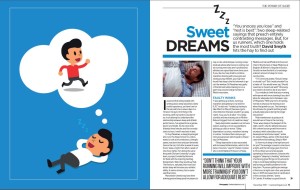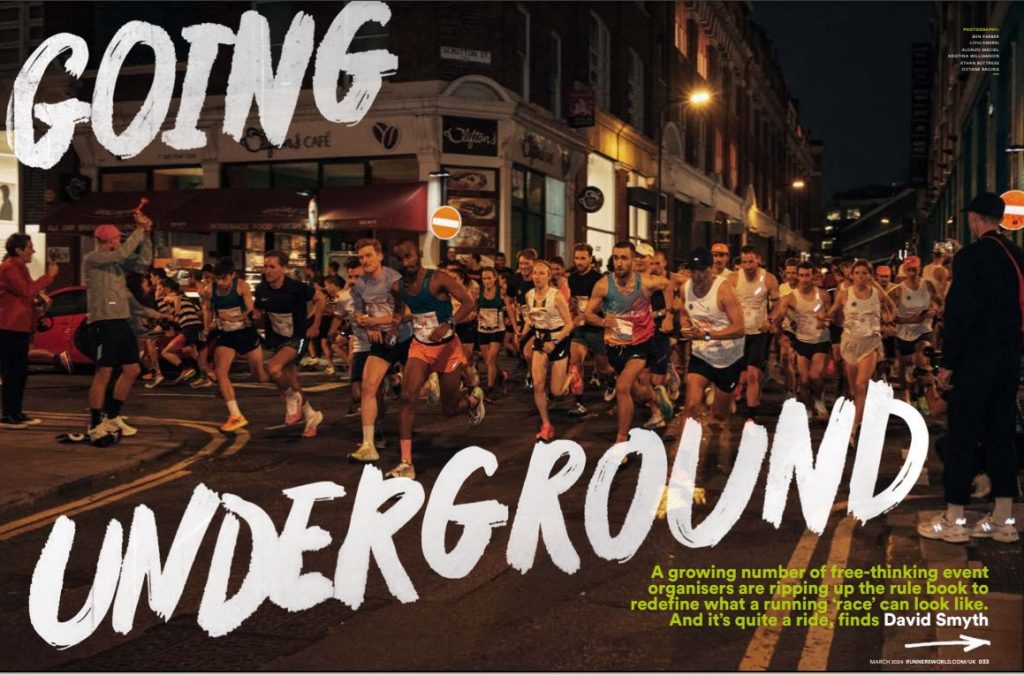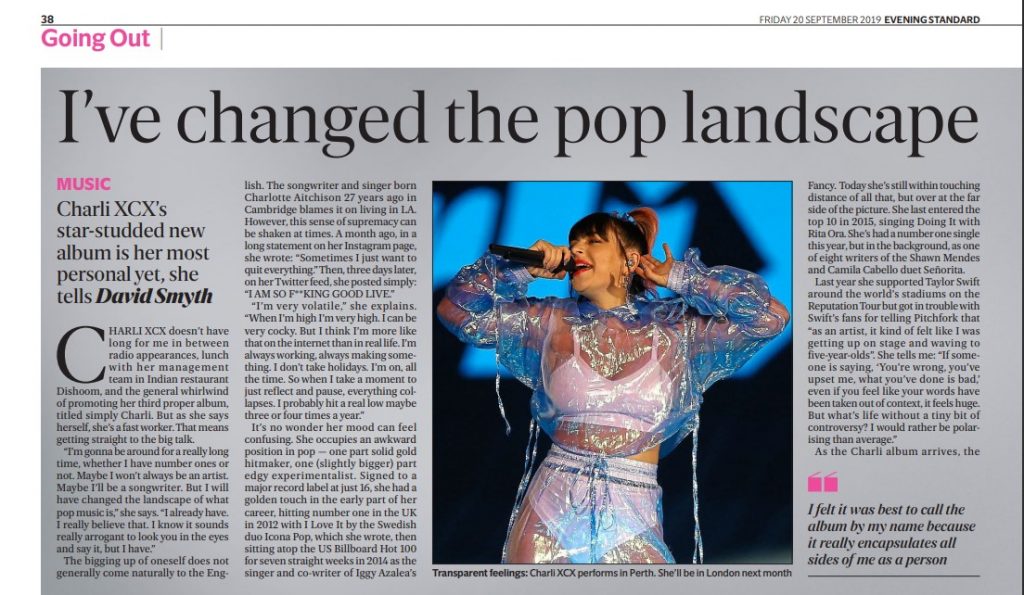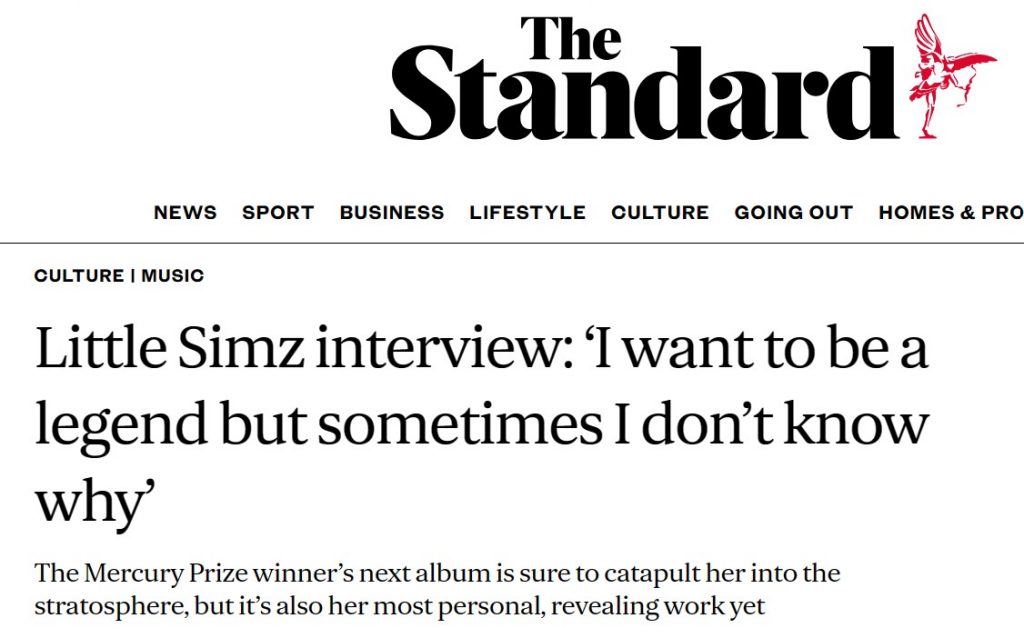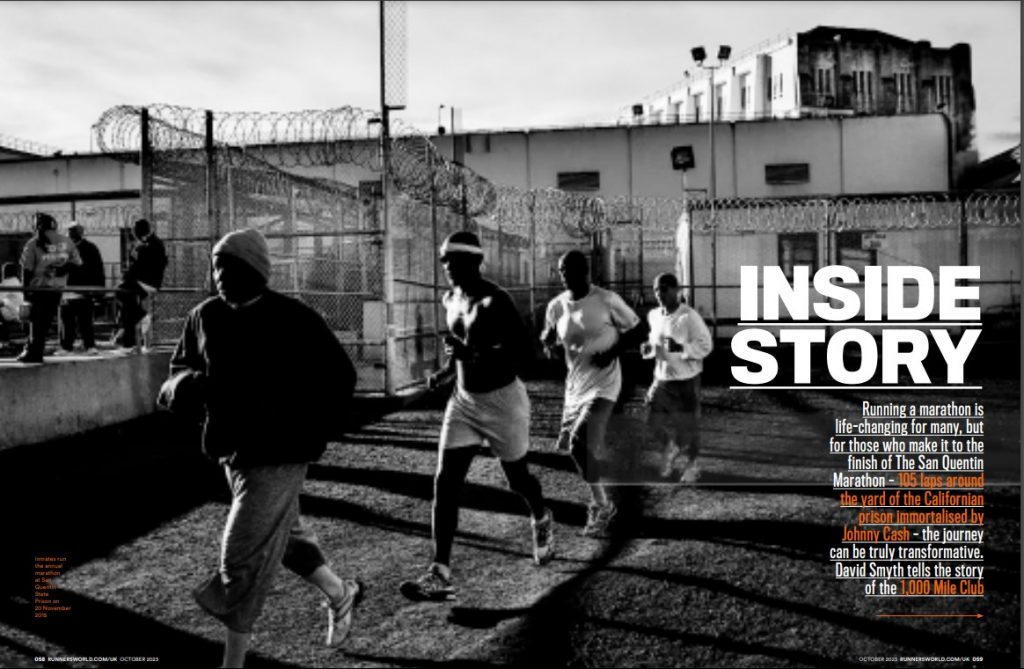I assumed that being tasked with writing about sleep would be a fairly restful experience, yet here I am for the second time in seven days in a Fitness First gym, first thing in the morning, with my hand in a bucket of ice. In an attempt to understand the relationship between sleep and athletic performance, I’ve agreed to be a guinea pig for a fortnight. As the clock ticks towards three minutes and the ice really starts to burn, I wish I was back in bed.
Dr Guy Meadows, a sleep physiologist who runs The Sleep School in London, wants to look at my endurance, strength, speed, reaction times and pain threshold (hence the ice), first after a week of seven hours’ sleep a night, then after a week of nine hour nights. He’s doing the same thing with Durham University’s rugby team, a project funded by Bensons for Beds with the inspiring hashtag #sleeptowin. Well, they would say that. The theory is, naturally, that more and better sleep will increase your athletic ability. It seems obvious, but is easier said than done.
Manchester United may have their training ground sleep pods for players to nap on site, while Kenyan running camps dedicate whole afternoons to resting, but we running men who aren’t professional athletes are a good deal more time-poor. If you, like me, have tried to combine marathon training with a busy job and raising young children, you may have found that sleep is the first element to go out the window. Dr Meadows was guilty of that himself, while training to run a giant loop around a large number of Welsh mountains.
“I was getting up at 4am, running a marathon and getting to my desk for 8.30,” he tells me. “I ended up having to take March to May off, because I got a chest infection that just wouldn’t go away. I went, ‘Guy, you’re an idiot.’ I’m a sleep scientist and was missing out on Mother Nature’s biggest form of medicine: sleep.”
Sleep deprivation weakens our immune system, leaving us more susceptible to picking up colds or worse. “Sleep deprivation is a stress, marathon training is a stress. Combine them and you get immunosupression which leads to illness,” says Dr Meadows.
“Sleep deprivation also associated with increased inflammation, which is the bane of runner,” says Dr Charles Czeisler, who is both Baldino Professor of Sleep Medicine at Harvard Medical School and Chief of the Division of Sleep Medicine at Brigham & Women’s Hospital in Boston. He tells me how foolish it is to exchange a decent amount of sleep for more running time.
“I’m commonly asked, ‘Should I sleep or should I run?’ It really shouldn’t be a trade-off. You would never say, ‘Should I exercise or should I eat well?’ Obviously you need to do both to be at your best.”
It’s a mistake to think that your running will improve with more training if you don’t allow for adequate rest in between, says Dr Meadows: “With any form of training, mental or physical, the training is not when the growth occurs. The training is the stimulus for growth and the growth actually takes place during the rest period.”
Peak maintenance is going on at around two or three in the morning. “Slow-wave sleep is the deepest of the night, and it’s vital for athletes because this is when human growth hormone is secreted, which stimulates muscle development and tissue repair,” writes Dr James B Maas, author of the book that came before the hashtag, Sleep to Win!
So how much sleep is the right amount for you? The average is seven to nine hours a night, and the full range goes from four to 12, but there are very few people operating at those extremes. Anyone who suggests “sleeping’s cheating” and boasts of achieving great things on tiny amounts of kip is most likely kidding themselves and storing up health problems for the long term. “A person getting an average of five hours a night over a five year period has a 2-300 per cent increased risk of calcification of the coronary arteries,” warns Dr Czeisler. A holiday is a good time to experiment without an alarm and find out how much sleep your body demands before waking naturally. And there’s no evidence suggesting that too much sleep can be harmful. If you are sleeping excessively it’s more likely a symptom of another health problem.
The good news is that exercise is good for sleep and vice versa. Exercise increases our production of the chemical adenosine, which is responsible for making us sleepy. The more you exercise, the quicker you fall asleep and the deeper you sleep.
There are no set rules for the time of day you should run and when you should sleep. Some of us are naturally owls who perform better in the evening, some of us larks who favour the morning. “Sleep loading” before a race won’t necessarily help either. What’s important is getting enough sleep on a regular basis.
A relatively new revelation is that sleep plays an important role in our perception of pain. “We now know that when we are sleep-deprived we have more inflammatory markers circulating in our blood, so we sense pain more readily,” says Dr Meadow. That’s why I can only keep my hand in the ice bucket for half as long after my week of seven hour nights. Following the nine hour week, my reaction time also seems to have improved, and I manage to lift a slightly less pathetic dead weight. My endurance test on a rowing machine stays much the same, however.
In any case, it turns out I’m not the best test subject, as I don’t actually manage to get the full nine hours once. The added stresses of having builders round that week, plus starting a new job, plus the long-term joy of small children, not to mention my mind’s innate resistance to someone else telling me I MUST get a specific amount of sleep, all combine to leave me lying in bed for nine hours, sure, but often awake. Now that we know how important sleep is, It seems that the best way to get a good amount is not to think too much about it.
FIVE FOODS TO HELP YOU SLEEP
We all know what we shouldn’t be putting in our bodies just before bed: caffeine and alcohol, and possibly cheese if those stories about nightmares are to believed. But are there foods that can improve our night’s sleep? I asked Renee McGregor, dietitian and sports nutritionist at the University of Bath Sports Injury Clinic and Human Performance Centre, and author of Training Food.
Milk
“I often recommend a milky drink,” says McGregor. “It contains the amino acid tryptophan, which helps your body to release serotonin, which helps with sleep overall.” So your granny knew what she was doing all along.
Cereal
“A bowl of cereal is a good combination, because you’ve got the milk and also a little bit of carbs, which also help to make serotonin.”
Banana
Yet another time of day to reach for the runner’s favourite. “A banana, again with a glass of milk perhaps, is another good small snack to help you to sleep.”
Cottage cheese
So you can have cheese before bed after all. “With elite athletes I recommend a snack that’s heavy in casein. It’s a milk protein, and unlike popular whey protein, it’s slow-release. if you have something containing casein before bed, it’s still in the bloodstream when the growth hormone is at its peak.”
Greek yoghurt
“It’s also high in casein. Generally, milk and dairy foods, combined with a small amount of wholegrainey carbohydrate, are actually really useful before bed to help you get into the sleep pattern that you want.”

